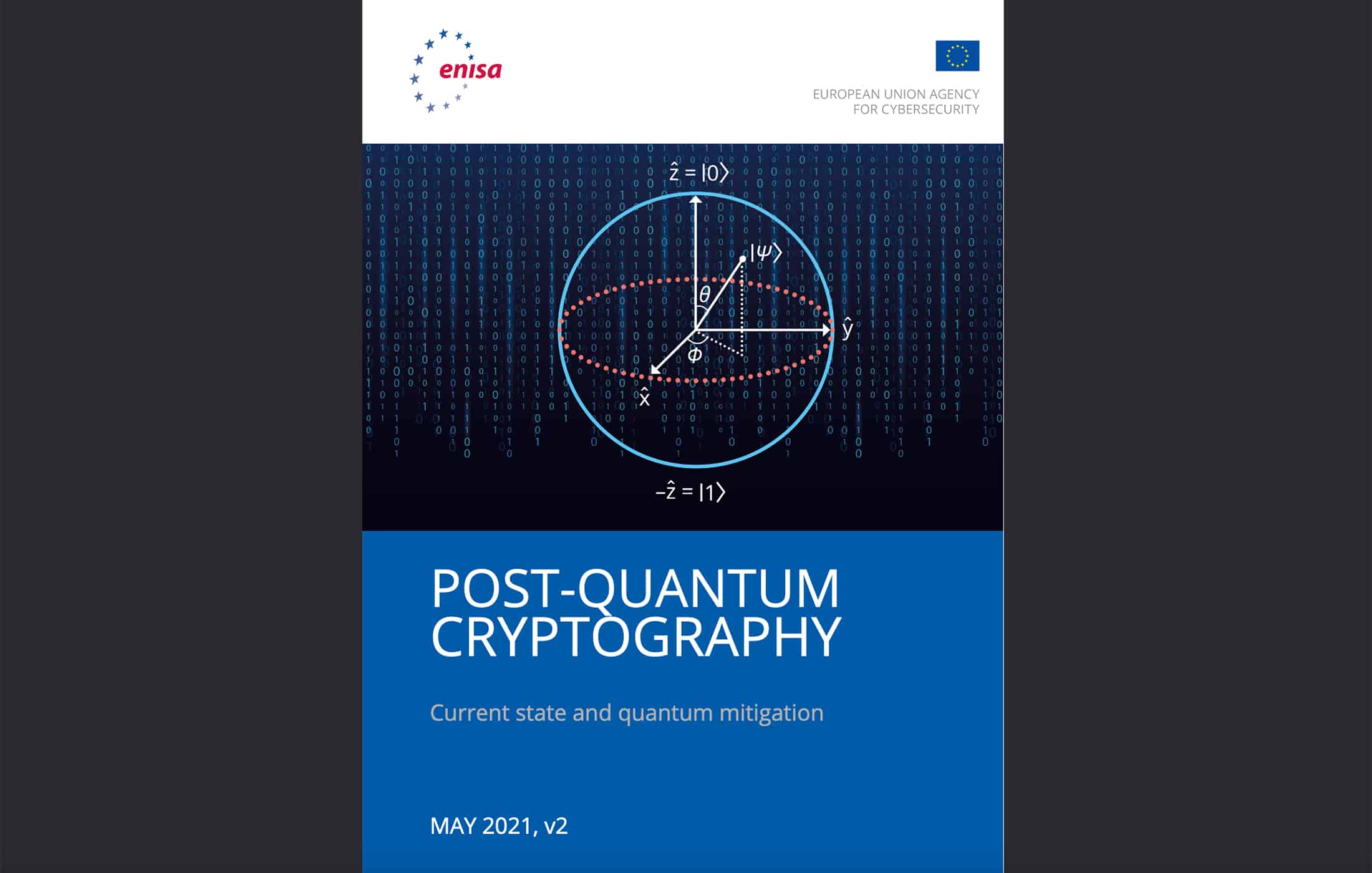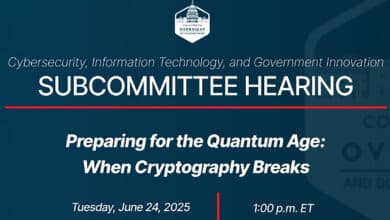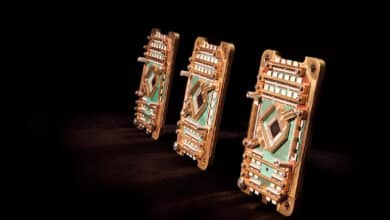ENISA Publishes “Post-Quantum Cryptography” Report

The European Union Agency for Cybersecurity (ENISA) has recently published a report titled “Post-Quantum Cryptography: Current State and Quantum Mitigation.” This study offers a detailed overview of the current progress in the standardization process of Post-Quantum Cryptography (PQC), crucial for safeguarding digital communications against the emerging threat posed by quantum computing capabilities.
The report categorizes and explores the five principal families of post-quantum algorithms: code-based, isogeny-based, hash-based, lattice-based, and multivariate-based. Each family presents a unique approach to securing cryptographic systems in a post-quantum world. Additionally, ENISA’s report explores National Institute of Standards and Technology (NIST) Round 3 finalists for encryption and signature schemes, highlighting the forefront of PQC innovation.
With the NIST’s selection process expected to continue for several more years, the report also proposes immediate measures that system owners can adopt to protect data confidentiality against quantum-capable attackers. One recommended strategy is the implementation of hybrid systems, which integrate both pre-quantum and post-quantum cryptographic schemes. Another approach is the incorporation of pre-shared keys into all public-key established keys, enhancing the overall security of these cryptographic systems.
ENISA’s report is a critical resource for cybersecurity professionals, policymakers, and anyone involved in the transition to quantum-resistant technologies. The agency’s proactive recommendations provide a pathway for organizations to begin fortifying their systems against potential quantum threats today.
The full report, “Post-Quantum Cryptography: Current State and Quantum Mitigation,” is at ENISA’s official site: ENISA – Post-Quantum Cryptography Report.



